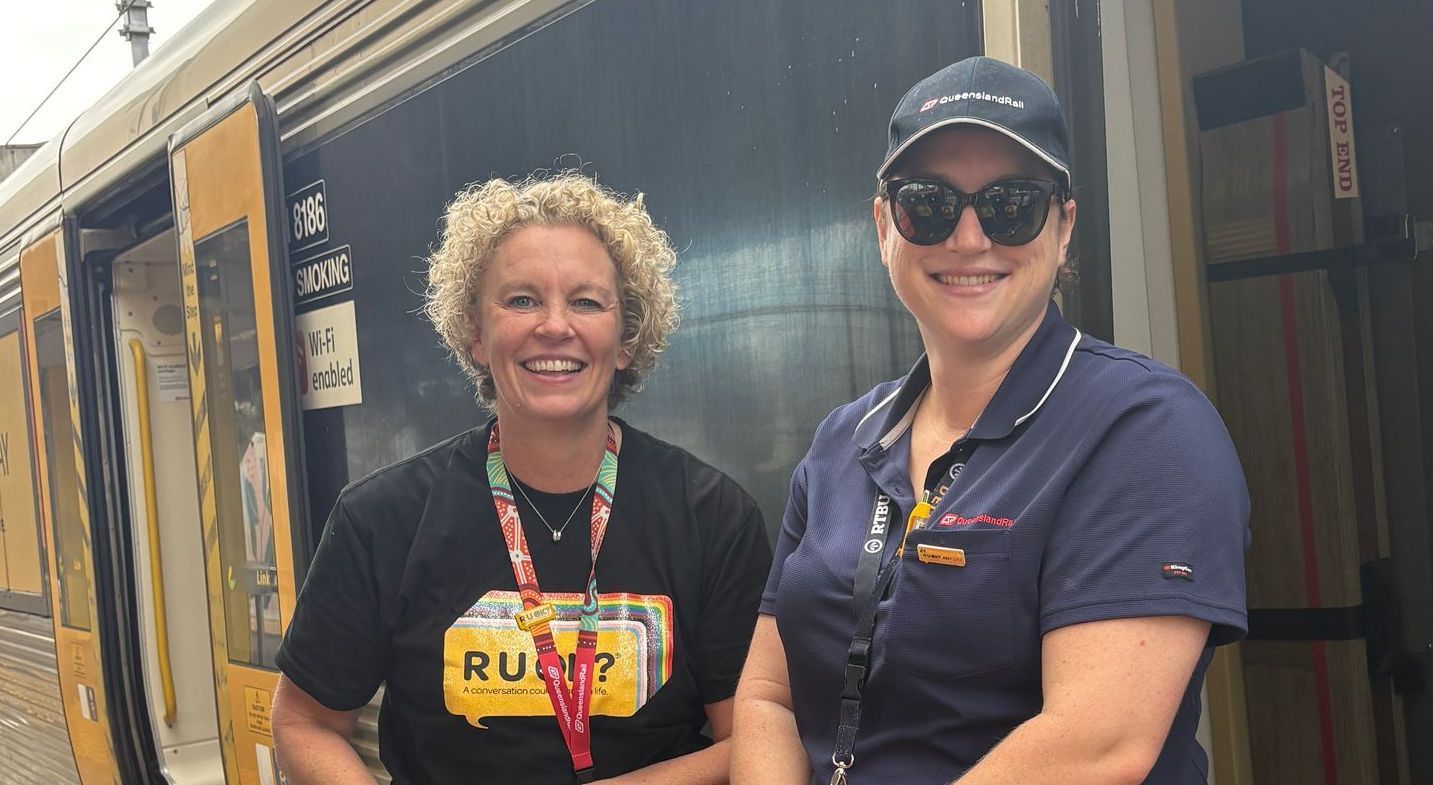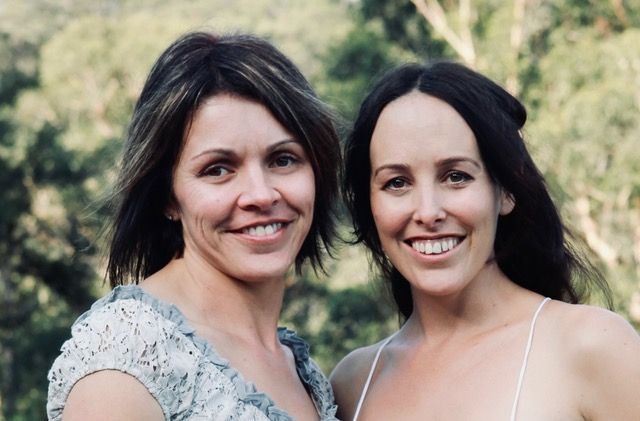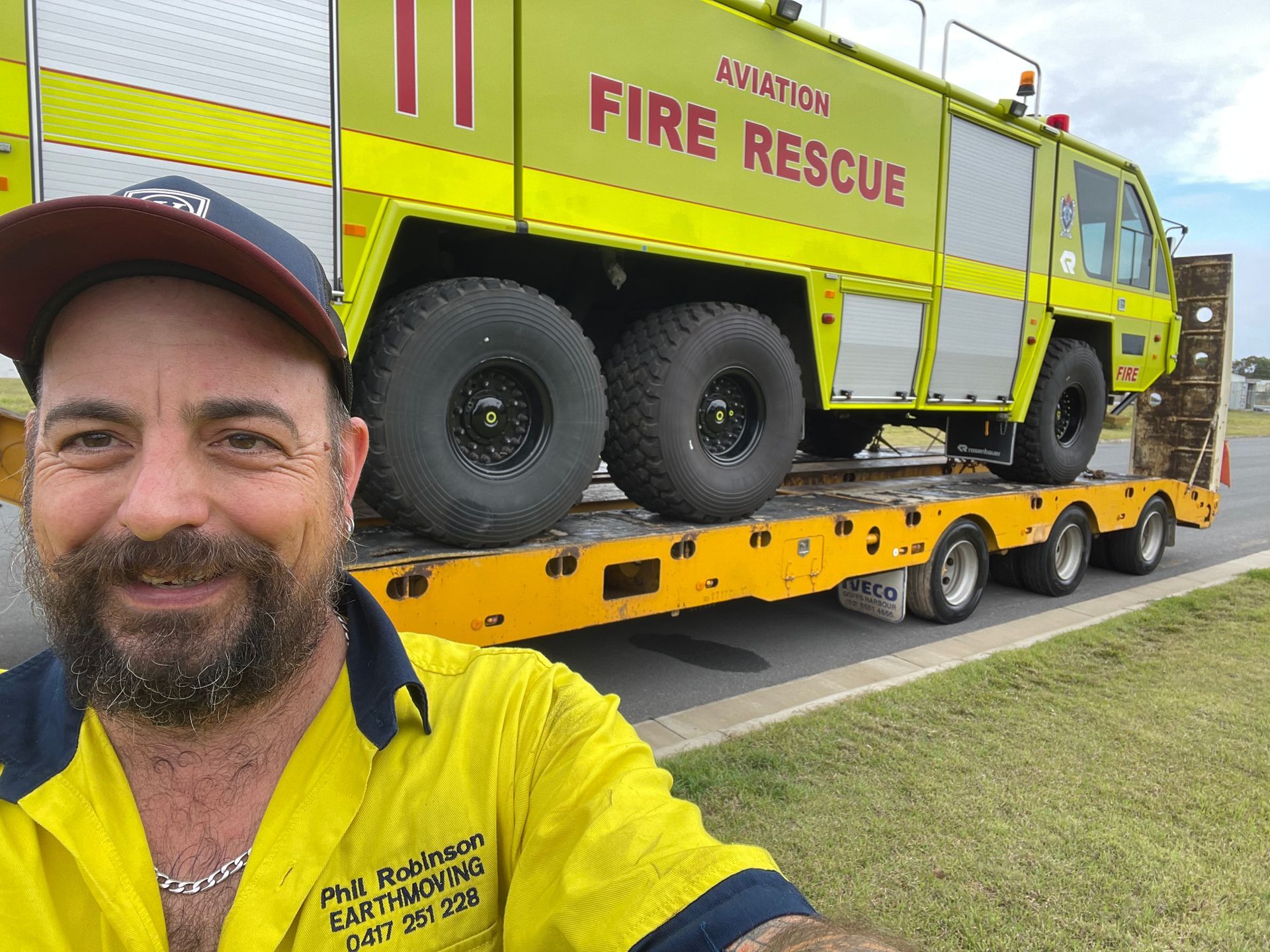Why is every day the day to ask?
R U OK?'s Campaign Director Katherine Newton shares what inspired this year's campaign and how you can be part of it
What inspired this year’s campaign theme?
This year’s campaign is ‘Every day is R U OK?Day’ and it’s a very poignant theme for our tenth R U OK?Day. We know that the majority of Australians are aware of R U OK? and have asked the question at least once in past 12 months, however we also know that there is a still a lack of confidence and comfort in asking the question. It doesn’t have to be a crisis to ask someone you care about, “Are you OK?” As a friend, family member, neighbour or colleague, we are the best placed people to notice signs that someone is behaving out of the norm. We want to encourage people to ask the question when they spot those signs, to trust their gut instinct and feel confident navigating the conversation when someone says “No I’m not OK”. We all go through life’s challenges – relationship breakdowns, grief and loss, physical illness or tough times at work or school. The earlier we help people talk and find appropriate professional help, the greater chance we have of avoiding a crisis. It’s no longer a question for just R U OK?Day, it’s a question for every day of the year.
How do we make the R U OK? message part of our every day life?
Ensuring that we are relevant and accessible all year round is a large part of our mandate. As a public health promotion, we need to be in people’s consciousness any time they observe that someone is struggling with life. We do this by communicating all year round to a variety of audiences – mass population, at-risk communities (such as LGBTQI, FIFO workers, regional and rural communities, etc.), people of all ages, from all walks of life. Suicide knows no boundaries so it is vital that we build community awareness and provide conversation guides and help-seeking pathways every day of the year.
What do you hope individuals, schools, workplaces and communities take from this year’s campaign?
Action. We can all make a difference to someone’s life by being human; by having empathy and compassion. These are key life-skills that we should be learning from an early age. I hope that for those who are considering asking the question but haven’t yet, that they understand they will not make things worse and that everyone deserves to be listened to – however long and difficult that may be. Listening is key. Not listening for the sake of it, but really listening with intent and 100% presence in the moment.
This is the second Conversation Convoy
, why is it so important and what’s been your biggest takeaway from this cross-country journey?
Face-to-face connections and inspiring people to support one another is one of the greatest pillars of our work. Meeting so many people on the road – those who are struggling themselves, those who have lost loved ones to suicide, and those who simply love what R U OK? stands for – is humbling and impactful. Being able to link people to local support services – not only for those in crisis or living with mental illness but also the family and friends of those who are struggling – is vital, and support services can be of great assistance to anyone. The Convo Convoy is important because we are responding to invitations from communities who want to do more to prevent suicide. There is nothing more satisfying than that.
Want to support R U OK?Day? Get started here.
Find conversation tips here.
If you or a loved one need some extra support, find tools and services here.






















